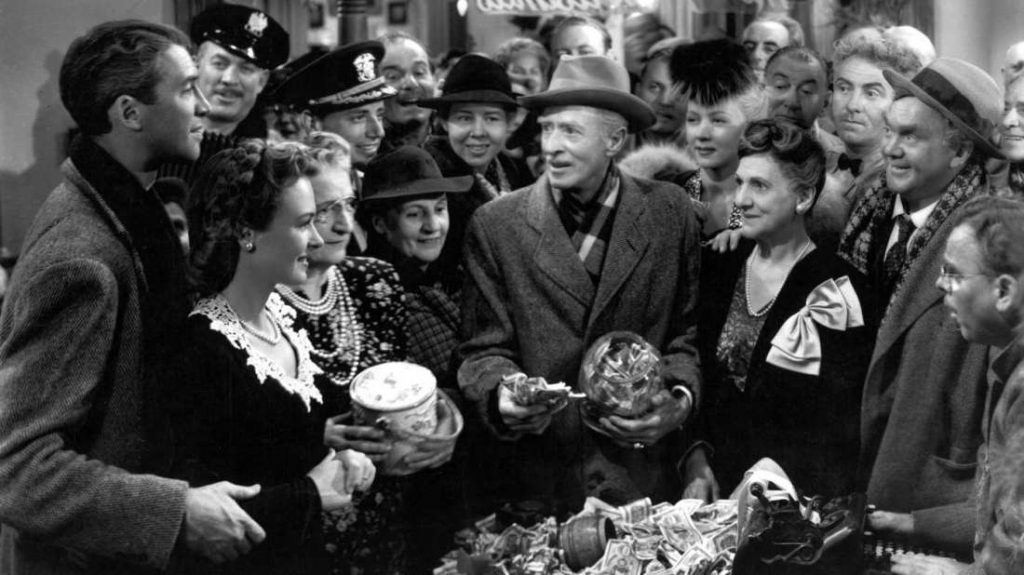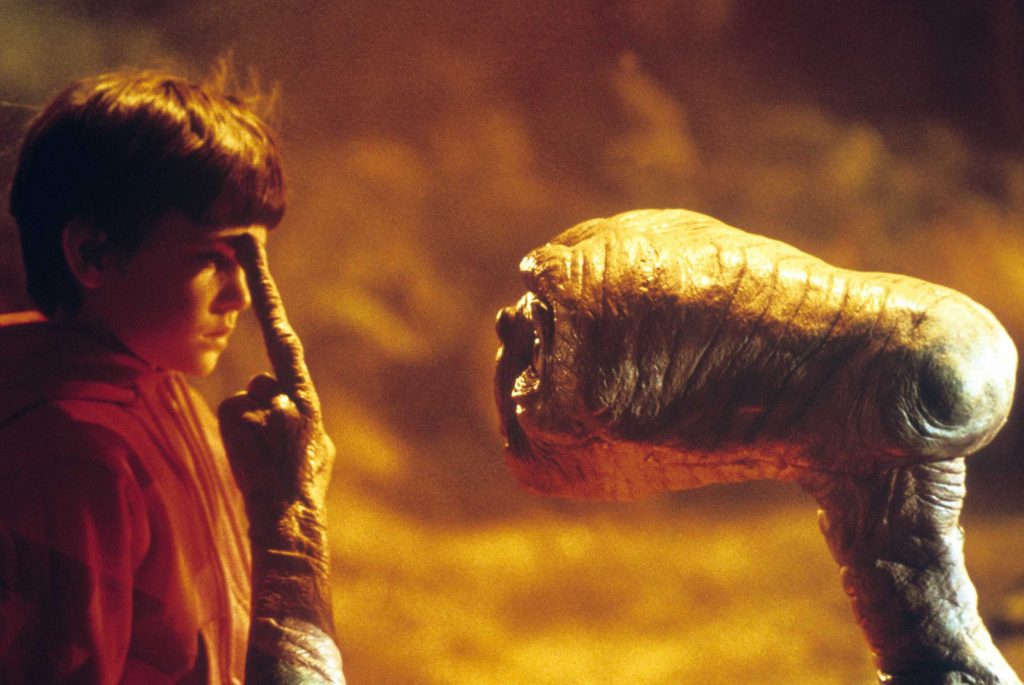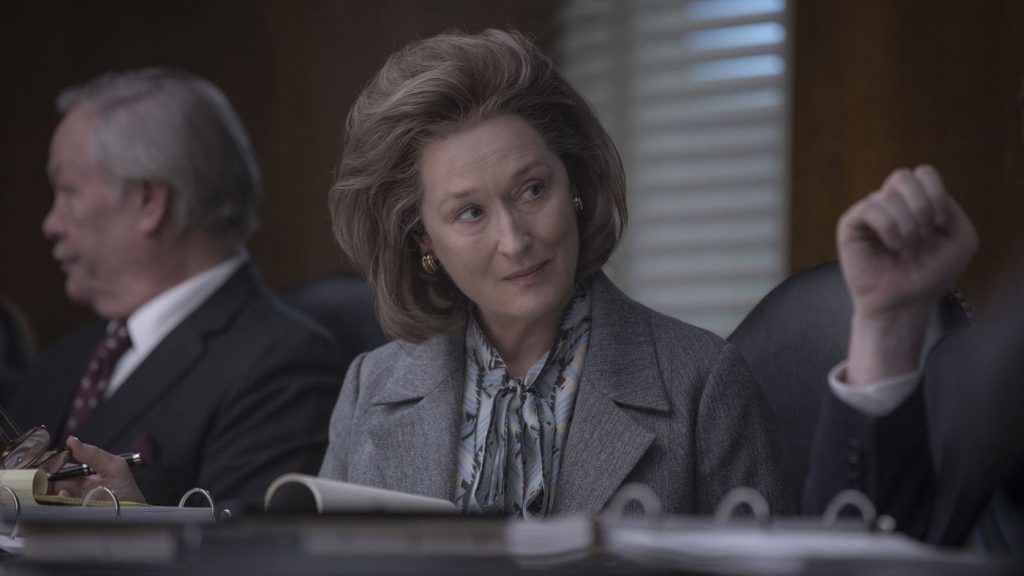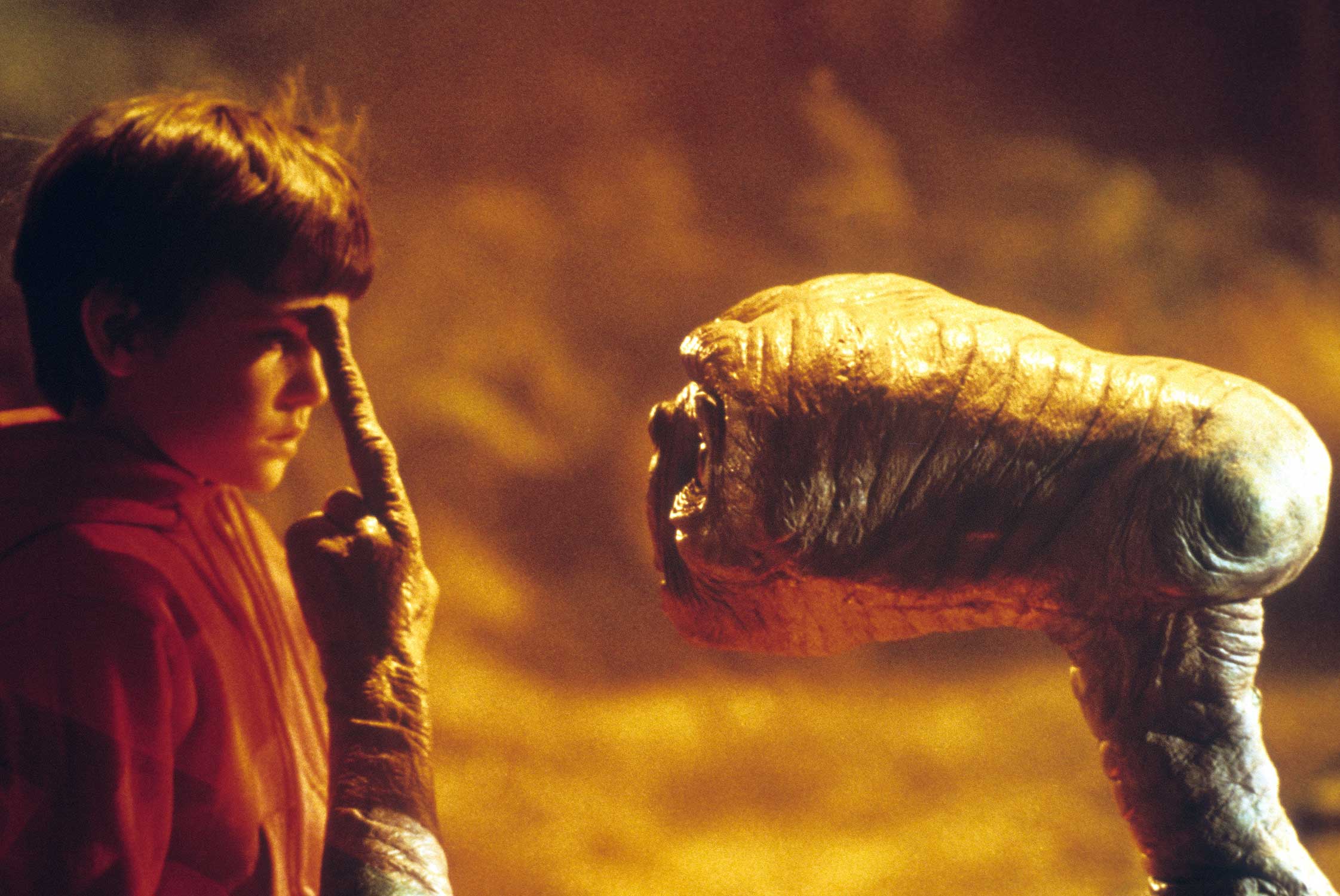One of the first things you learn as a screenwriter is that your character(s) need to have an arc. They need to start in one place and finish in another. It’s a journey and it needs to be an emotional journey. However, it’s more complicated than that.
Jack dreams of being a millionaire. Jack works hard and becomes a millionaire. Jack is happy. That’s a story that has a journey and is emotional. But, it’s not a story audiences want to see. Jack has to dream of being a millionaire, not for himself, but for someone else. So, Jack grows up desperately poor and wants to become rich, so he can buy his mother a house. Jack works hard and gets rich. Jack buys his mother a house and is happy. Briefly. Jack decides to build houses for poor people everywhere.
Now, that’s not a great story. It’s too simplistic. But it’s simplistic so you can see that movies with heart need to be about people who do things for other on a small or, sometimes, a grand scale.

Jimmy Stewart and the town he took care of in It’s A Wonderful Life. Photo courtesy RKO Pictures.
One of the masters of giving a movie heart was Frank Capra. His film It’s a Wonderful Life actually uses it as it’s theme. His main character’s inner turmoil has to do with whether we should do things for ourselves or whether we should do them for others. George is unhappy because none of his dreams have come true. He wanted to travel and see the world. But instead, he’s spent his life doing for others, and not just the people close to him, but as a bank manager, he’s touched the lives of everyone in town. The movie’s journey teaches him that the real joy in life is not getting what you dream of but in doing for others.

Elliott and E.T. bond in E.T. The Extra-Terrestrial. Photo courtesy Universal Pictures.
Steven Spielberg is another master of heart. From E.T. to The Post, his main characters are always doing for others. E.T. is the relatively simple story of Elliott and his attempts to help an alien go home. In The Post, the core questions aren’t only about Katherine Graham’s family business they’re about what our government should and should not be doing, and what she’s willing to risk in order to address that question.

Meryl Streep weighs her options in The Post. Photo courtesy 20th Century Fox.
There’s also something very important to remember about movies. They’re not real. Even when they’re about real people they’re not real.
There are certain kinds of things people want to hear over and over. Money isn’t everything and it can’t buy happiness. Love lasts forever. Doing for others is the real joy in life. Everyone deserves forgiveness.
Depending on where you are in your life, you may not believe all of those things. You may not believe any of them. But when you walk into a movie theater you still want to be told those things are true.
Sometimes to give a movie heart you have to be a good liar.




4 Replies to "You Gotta Have Heart: Ways to Make Your Script Resonate"
Alicia March 26, 2018 (5:49 am)
Watching Andrew Staton’s “Make Me Care” on youtube definitely speaks to your idea, Marshall. No emotional buy-in–not interested.
Marshall Thornton March 26, 2018 (9:11 am)
Thanks for the reply. Not familiar with Stanton but I’ll check him out.
William Sommerwerck March 27, 2018 (12:30 pm)
Your exegesis of “It’s a Wonderful Life” is off the mark. It makes far more sense when seen as an anticipation of “The Last Temptation of Christ”.
George Bailey wants to leave the “hick town” of Bedford Falls and go out and do Great Things. (In particular, he wants to be an architect.) He sees himself as a “failure” because he hasn’t accomplished //his// goals. But every time something goes wrong , he makes the decision that’s right for the community, not simply for himself. This prevents him from “coming down from the cross” and leading a “normal” life.
When he finally realizes that, throughout his life, he’s //always// done the right thing, he doesn’t care that he might go to jail. In The Grand Scheme of Things, the relatively minor suffering he’s experienced is small compared to the huge amount of good he’s done others.
“It’s a Wonderful Life” isn’t the sentimental slop it’s usually viewed as. It’s actually a pretty hard-nosed story. What’s bad about it is its icky-sticky Calholic theology.
Capra was a life-long Republican. This — and his other films (especially “Meet John Doe”, arguably his masterpiece) — are his response to socialism. If human beings behaved responsibly and unselfishly, there would be much less need for government to step in and clean things up. Given the way this country has degenerated since the rise of Ronald Reagan, one can easily imagine Capra vowing to commit suicide in public (as the hero of “Meet John Doe” does) in protest.
Marshall Thornton April 9, 2018 (3:49 am)
Thanks for your comment. My remarks are meant more for writing instruction rather than film criticism. That said, I’ve always thought that if Capra made a film about the 2000 election with Bush as the hero Bush would have stepped aside to give the people what they want. In a Capra film about the current administration Trump would definitely be played by Lionel Barrymore–and eventually, see the error of his ways. But, the article is about giving heart to your script so when you say “If human beings behaved responsibly and unselfishly” that’s exactly what I’m suggesting to new writers, that they create characters who behave that way. It’s not the way the world works, it’s the way we wish it worked. And very often that’s what people want to see in a movie.